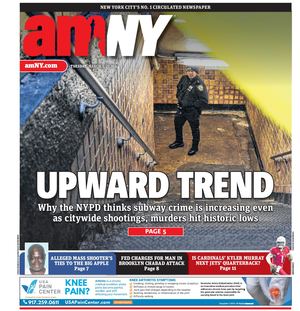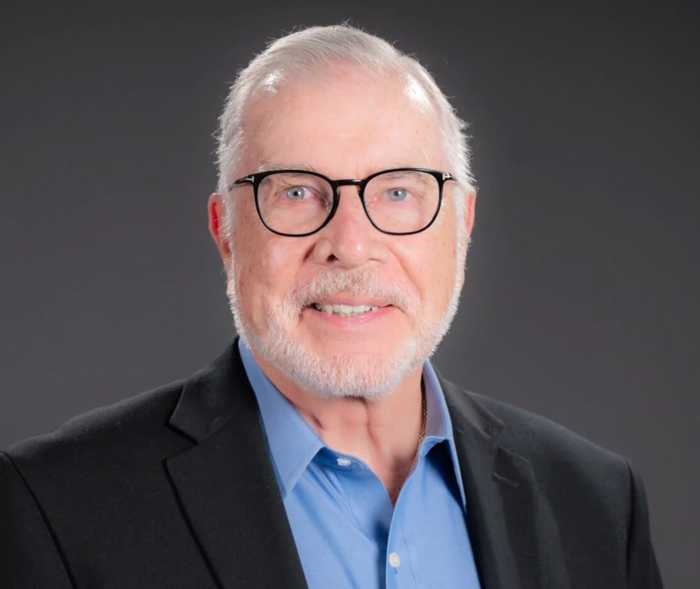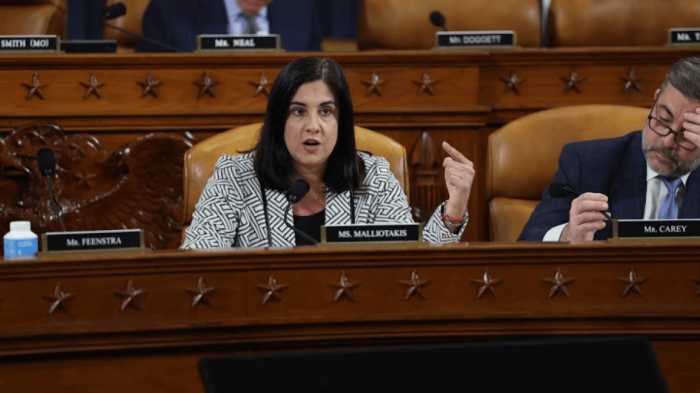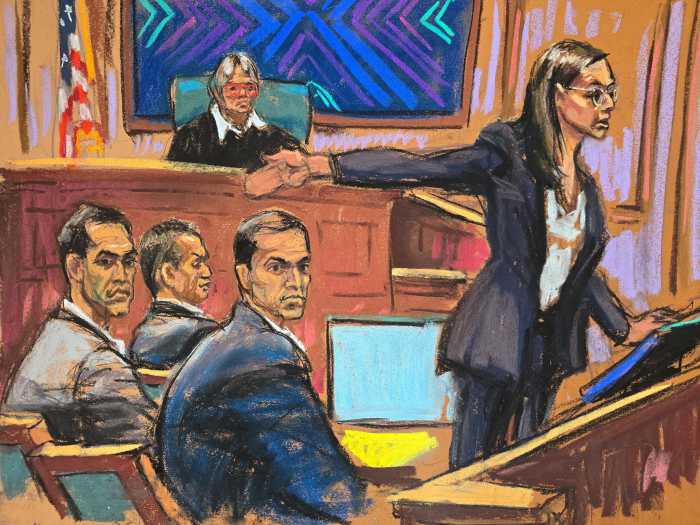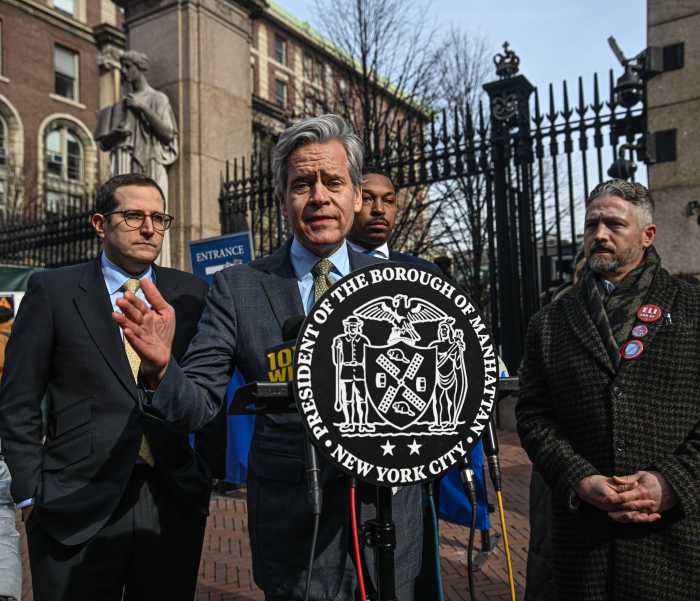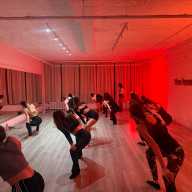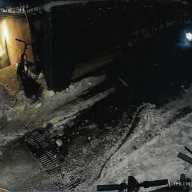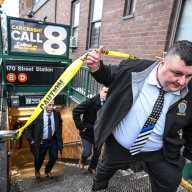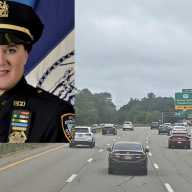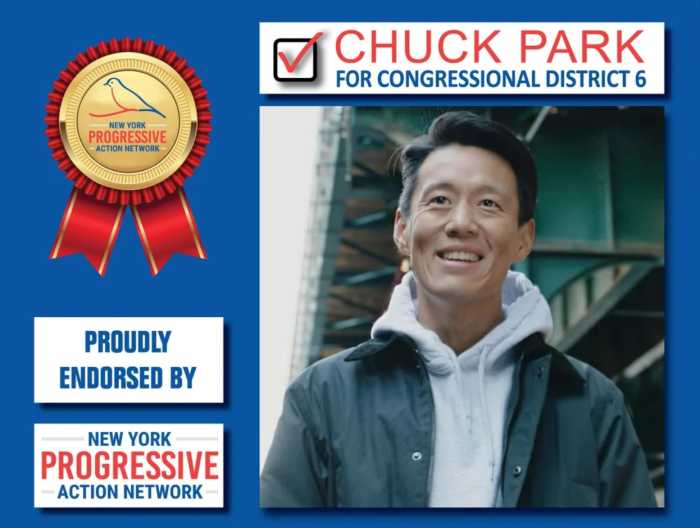Despite having 11 major surgeries and not being sure if he’ll ever walk again, Ray Pfeifer, a retired FDNY firefighter, says he is one of the lucky ones.
Pfeifer, 58, was a first responder to the 9/11 terrorist attacks at the World Trade Center. He was a member of the FDNY’s Engine 40 Ladder 35.
“We lost 12 members that day,” he said. “They were the true heroes.”
But Pfeifer, who lives in Hicksville, has suffered from stage 4 cancer as a result of the months he spent at Ground Zero. His numerous surgeries included replacing one of his legs with metal rods.
Pfeifer is one of thousands of first responders who are still dealing with the health effects of breathing in toxins after the towers collapsed.
According to the World Trade Center Health Program, there are nearly 75,000 people enrolled to be monitored for 9/11-related illnesses. More than 56,000 of them were emergency responders, cleanup workers or volunteers who spent weeks and months at Ground Zero.
In December 2015, Congress extended the James L. Zadroga 9/11 Health & Compensation Act, which guaranteed health care benefits to people with 9/11-related illnesses until 2090. The act is named after James Zadroga, an NYPD officer who died of a respiratory disease attributed to his exposure to toxins.
Pfeifer, who played a key role in persuading Congress to pass the reauthorization of the act, said without the act, he would still be struggling to pay for his cancer treatment.
“My life has been made much easier,” he said.
Glen Klein, a former NYPD Emergency Service Unit detective, said because of Zadroga, all first responders can get annual medical checks, if not more, with specialists.
“If the Zadroga Bill didn’t pass, these clinics would have been shut down,” he said. Other medical clinics wouldn’t be able to provide the same specialized treatments, he explained.
Klein, 58, of South Beach, also says he is one of the lucky ones. He had severe abdominal pain and problems breathing, among other health issues, after spending more than 800 hours at Ground Zero.
“I knock on wood every day and thank God every day that I’m still alive,” he said.
‘TOO LATE FOR SOME’
Klein said it’s a shame it took so long for the government to provide the aid many first responders needed and that he knows it was “too late for some.”
The World Trade Center Health Program said 1,140 enrolled members had died as of July. Though it’s not known if all those deaths were because of 9/11-related illnesses, many were.
Bryan Ellicott, 27, of Staten Island, lost his father to non-Hodgkin’s lymphoma in 2007, before the Zadroga Act passed. His father, Brian Ellicott, was an FDNY ESU Lieutenant.
At the time his father was sick, Ellicott said the government was denying that it was related to his work at Ground Zero.
“There was no public acknowledgement of it until around 2012 or 2013,” Ellicott said. “That’s when they started to actually admit it.”
Ellicott said his dad was finally recognized for dying in the line of duty in 2014 when his name was added to a memorial at the FDNY headquarters and one in Albany.
Earlier this month, 17 new names were added to the memorial at the FDNY headquarters.
STILL FIGHTING
“It’s been a crazy roller coaster ride,” Pfeifer said, adding that many are still fighting to get the health benefits they need because some cancers and other illnesses are still not covered by the act.
Klein said the act does fund studies that show that more illnesses should be covered, and even if they aren’t covered now, “it’s not to say it won’t happen.”
“Eventually everybody will be taken care of,” he said.
Pfeifer admits that without the New York legislators, like Rep. Peter King and Sen. Kirsten Gillibrand, on his side, it would be have been much harder to get the reauthorization of the Zadroga Act through Congress.
A number of the politicians who supported the bill still advocate for more research on 9/11-related illnesses, including presidential candidate Hillary Clinton, who was an original sponsor of the Zadroga Act while serving as a U.S. senator from New York.
“The work of supporting our first responders and their families is never done,” Julie Wood, a spokesperson for the Clinton campaign, said. “Importantly, the reauthorized Zadroga Act provides funding for scientific research so we can continue to investigate symptoms and illnesses that aren’t in the program yet — that should be a priority as we learn more about the long-lasting impacts of this terrible tragedy.”
amNewYork reached out to Donald Trump’s campaign via email for comment on the Zadroga Act and 9/11-related illnesses, but has not yet heard back.
Despite the ongoing struggle for many with these illnesses, both Pfeifer and Klein said they can’t dwell on the negatives.
“We gotta keep on moving on,” Klein said.
